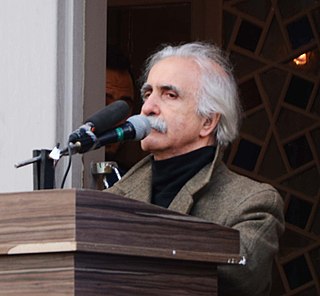 W
WMohammad Reza Aslani (born December 9, 1943, in Rasht, Iran) is an Iranian filmmaker, art theorist, graphic designer and poet known mostly for his experimental films and documentaries. He is also the co-writer of Espacementalism manifesto and one of the main poets of the New Wave Poetry of Iran alongside Yadollah Royaee, Fereydoun Rahnema and Ahmadreza Ahmadi. Although he never signed the manifesto.
 W
WMaryam Jafari Azarmani, is an Iranian poet, literary critic, and translator. She was born in Tehran, Iran in 1977.
 W
WAzartash Azarnoush is a linguist and scholar of Iran. Born in 1937 in Qom, he holds two Ph.D degrees from France. He specializes in Arabic literature. Azarnoush is part of Imam Sadeq University and Tarbiat Modarres University faculty, and has been director of the Arabic department of The Center for the Great Islamic Encyclopedia in Tehran since 1986, and has published over 200 articles in the field of Arabic literature, as well as a few dozen books.
 W
WAli Babachahi is an Iranian poet, writer, researcher, and literary critic.
 W
WHamid Dabashi is an Iranian Professor of Iranian Studies and Comparative Literature at Columbia University in New York City.
 W
WAli Dashti was an Iranian rationalist of the twentieth century. Dashti was also an Iranian senator.
 W
WAbdolali Dastgheib is an Iranian literary critic, writer, translator and author of 66 books and numerous articles.
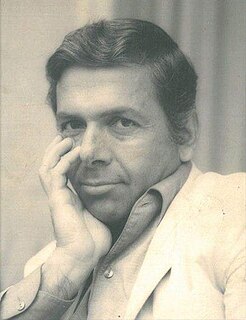 W
WEbrahim Golestan, is an Iranian filmmaker and literary figure with a career spanning half a century. He has lived in Sussex, United Kingdom, since 1975.
 W
WGhassem Hashemi Nezhad or Ghasem Hasheminejad was a Persian Literary critic, writer, journalist, screenwriter, and mysticism. Nezhad was the author of the novel ‘Elephant in the Dark’. He is a critic and author who has worked for the Ayandegan newspaper.
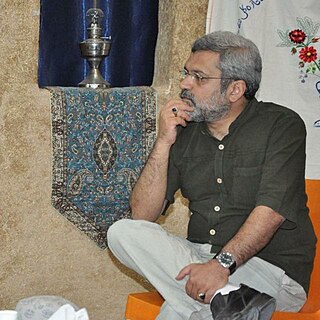 W
WSeyed Ali Kashefi Khansari is an Iranian children's writer and editor-in-chief of Iranian children literature magazine Soroush Nojavan.
 W
WHoma Katouzian is an economist, historian, political scientist and literary critic, with a special interest in Iranian studies.[1] Katouzian's formal academic training was in economics and the social sciences but he concurrently continued his studies of Persian history and literature at a professional academic level. He began studying the life and works of the modern Persian writer, Sadeq Hedayat, and that of the Prime Minister of Iran in the early 1950s, Mohammad Mosaddeq, while still a faculty member in the department of economics at the University of Kent at Canterbury. Having taught economics at universities in Britain and other countries for eighteen years, he took voluntary retirement in 1986 to devote his entire time to Iranian studies. In recent years, he has been teaching and writing on classical Persian literature, in particular the 13th-century poet and writer, Sa‘di. Currently based at the University of Oxford, Katouzian is a member of the Faculty of Oriental Studies and the Iran HeritageResearch Fellow at St. Antony's College, where for thirteen years he edited the bimonthly Iranian Studies, the journal of the International Society for Iranian Studies. He is editor of the International Journal of Persian Literature, senior editor of Iran Namath, a journal of Iranian studies, and co-editor of Routledge's Iranian studies book series. He is also a former member of the editorial board of Comparative Studies of South Asia, Africa and the Middle East and Comparative Economic Studies.
 W
WMirza Aqa Khan Kermani was an Iranian intellectual reformer, a Babi, and son-in-law of Subh-i-Azal. In his writings, he advocates for political, social, and religious reform characteristic of his generation of intellectuals whose reformist ideas and engagement with sociopolitical themes set the stage for the Constitutional Revolution of 1906, and the political and literary changes that were to follow.
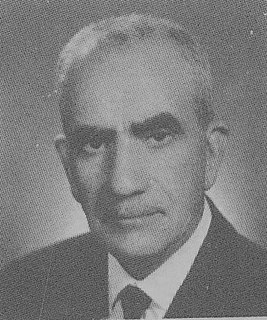 W
WMohammad Taghi Modarres Razavi distinguished Professor of University of Tehran, was an Iranian Literary researcher and author. He was born in Mashhad, Razavi Khorasan Province, Iran on March 18, 1896 and died on November 19, 1986 in Tehran, Iran.
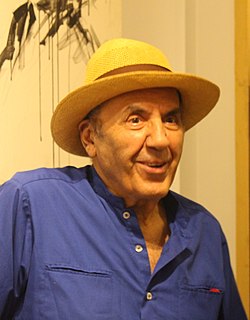 W
WJavad Mojabi is an Iranian poet, writer, researcher, and literary and art critic. Mojabi is one of Iran's most prominent modern writers and poets, and has published over 50 literary works in various forms. He has also written hundreds of critical works and essays on art and culture in journals and magazines. He began writing poetry in the 1960s, along with short story writing and research on modern painting in Iran.
 W
WAzar Nafisi is an Iranian-American writer and professor of English literature. Born in Tehran, Iran, she has resided in the United States since 1997 and became a U.S. citizen in 2008.
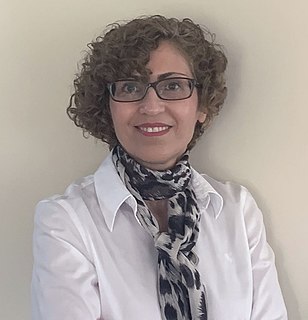 W
WAkram Pedramnia is an Iranian-Canadian writer, translator, Joycean scholar, researcher, activist, and physician. She has written, researched, and translated many English novels and political articles. She resides in Canada since 1998 when she had emigrated from Iran.
 W
WMohammad-Amin Riahi was a prominent Iranian literary scholar of Persian literature, a historian, writer and statesman. Apart from being one of the authors of Dehkhoda Dictionary and Encyclopædia Iranica, he was the author and editor of several well-known scholarly books. Mohammad-Amin Riahi received his PHD on Persian literature from Tehran University under the supervision of Badiozzaman Forouzanfar. Riahi is best known for his scholarly works on Shahnameh and Ferdowsi, Hafiz, and the ancient iranian languages. He has produced critical editions of some of the major classical Persian texts such as Mersad-al-ebad and Nozhat-al-majalis. During a course of 60 years he published numerous scholarly articles, a selection of which are gathered in a volume titled Forty essays on language, literature and history of Iran.
 W
WFaraj Sarkohi is an Iranian literary critic and journalist. He was cofounder and editor in chief of the Iranian magazine Adineh.
 W
WMohammad Reza Sarshar, was born on 12 June 1953 in Kazeroun, Iran. He is an active Iranian author in the field of fiction and novels. Mr. Sarshar also worked as a radio storyteller. He has 24 years of experience in narration of popular radio program "Friday Noon story" and also editor of several radio and television programs. He is also a critic in the field of children's literature and story writing. He also translated the historical texts and has published dozens of books. Sarshar has received more than 31 national and state awards and some of his books translated in English, Urdu, Turkish and Arabic. International Journal "who is who", registered his name as one of the Iran culture's luminaries in 1994.
 W
WBehrouz Servatian (1937–2012), was an Iranian literary scholar, professor, and authority on the great Iranian lyric poet, Nizami Ganjavi.
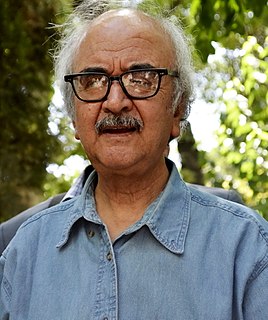 W
WMohammad Reza Shafiei Kadkani is an Iranian writer, poet, literary critic, editor, and translator.
 W
WHamid Reza Shekarsari is an Iranian poet, researcher, author and literary critic. He has published more than 20 volumes of poetry and literary research.
 W
WAbdolhossein Zarrinkoub was a scholar of Iranian literature, history of literature, Persian culture and history.